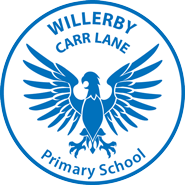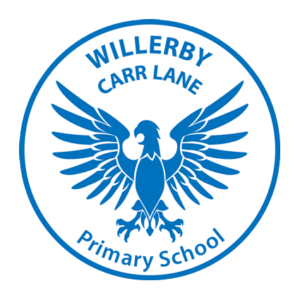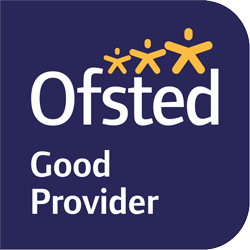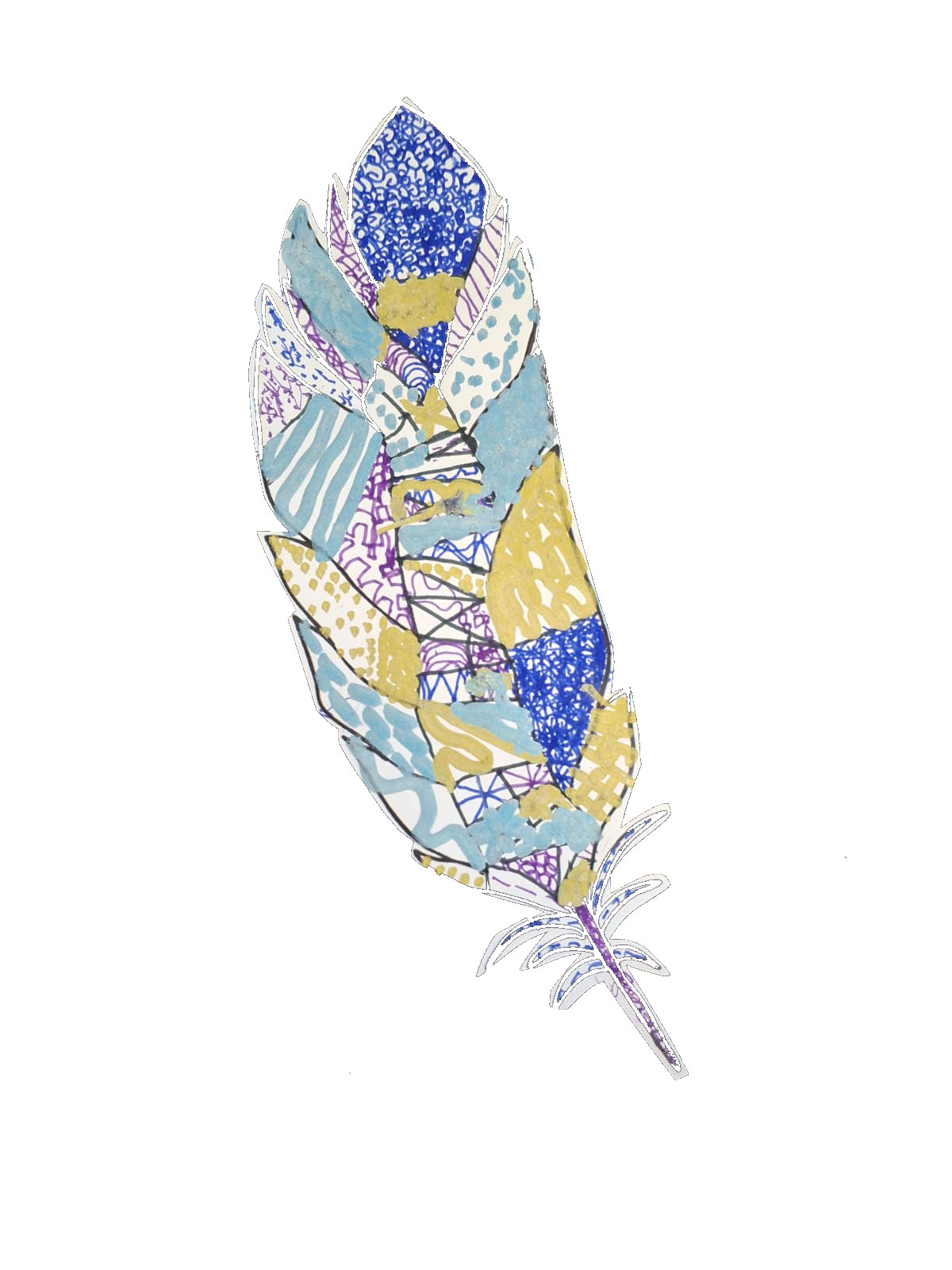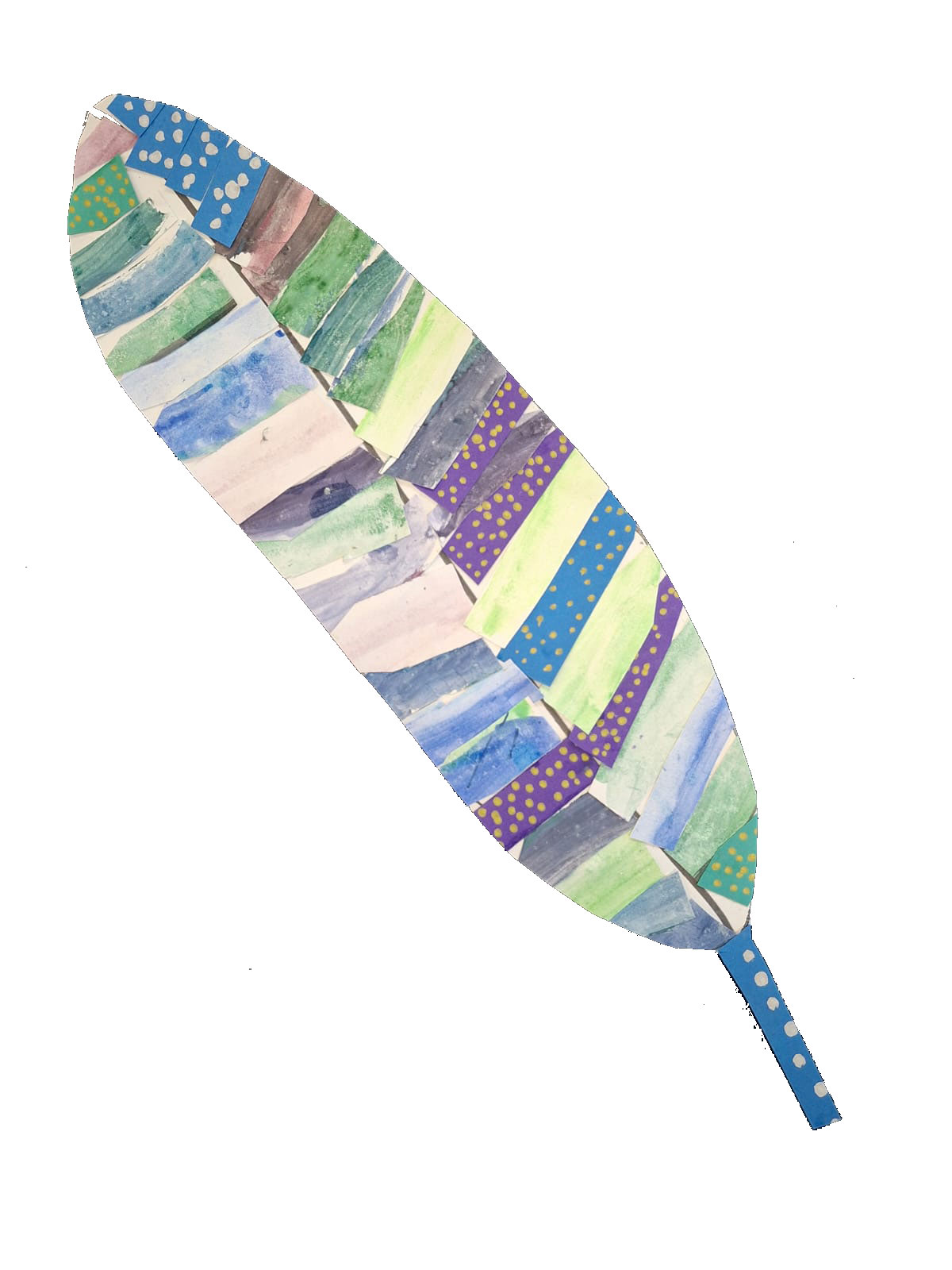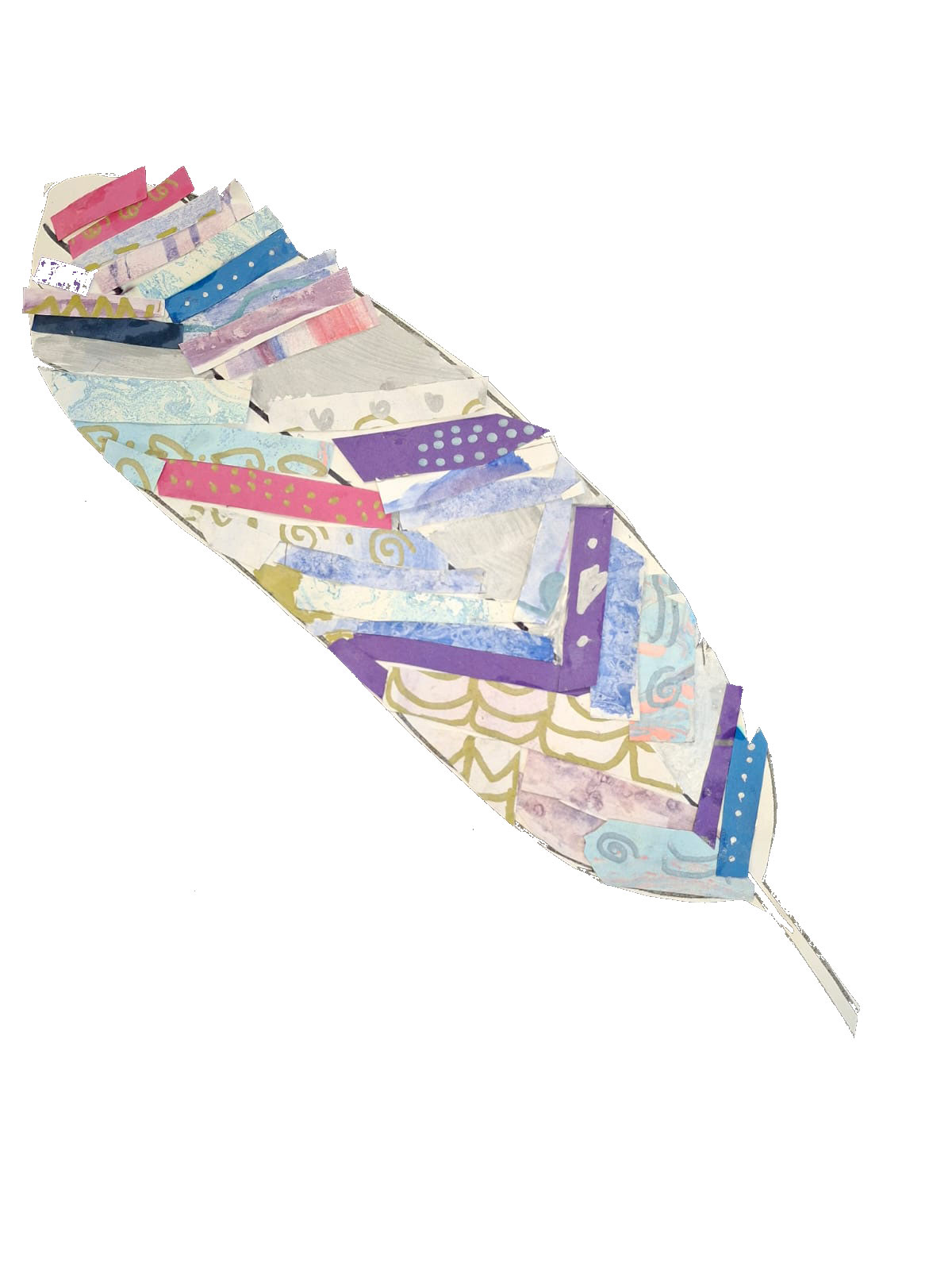Our School Vision
We pride ourselves on providing a nurturing, friendly, safe and secure environment where your child can flourish. Our guiding principles are kindness, patience and inclusion.
We encourage everyone in our school to dream big and to be aspirational beyond the every day. We help them to build their own individual dreams rather than moulding themselves to fit in with the dreams of others. As a team, we then we give them the support, encouragement and skills they need to chase after these dreams tirelessly.
We teach our children to believe that if you set your mind to something you can achieve it. We help them to develop self-belief that will make them ready to go out and thrive in the world. We also want them to value other people’s self-belief and be ready to help them grow.
We take pride in achieving excellence in everything that we do. We do not judge ourselves against other people’s standards but instead work to be the best that we can be.
Whilst the children are with us, we work together to give them the tools they need to develop the feathers on their wings and their confidence to fly. We know that when they leave here they will be ready to soar!
